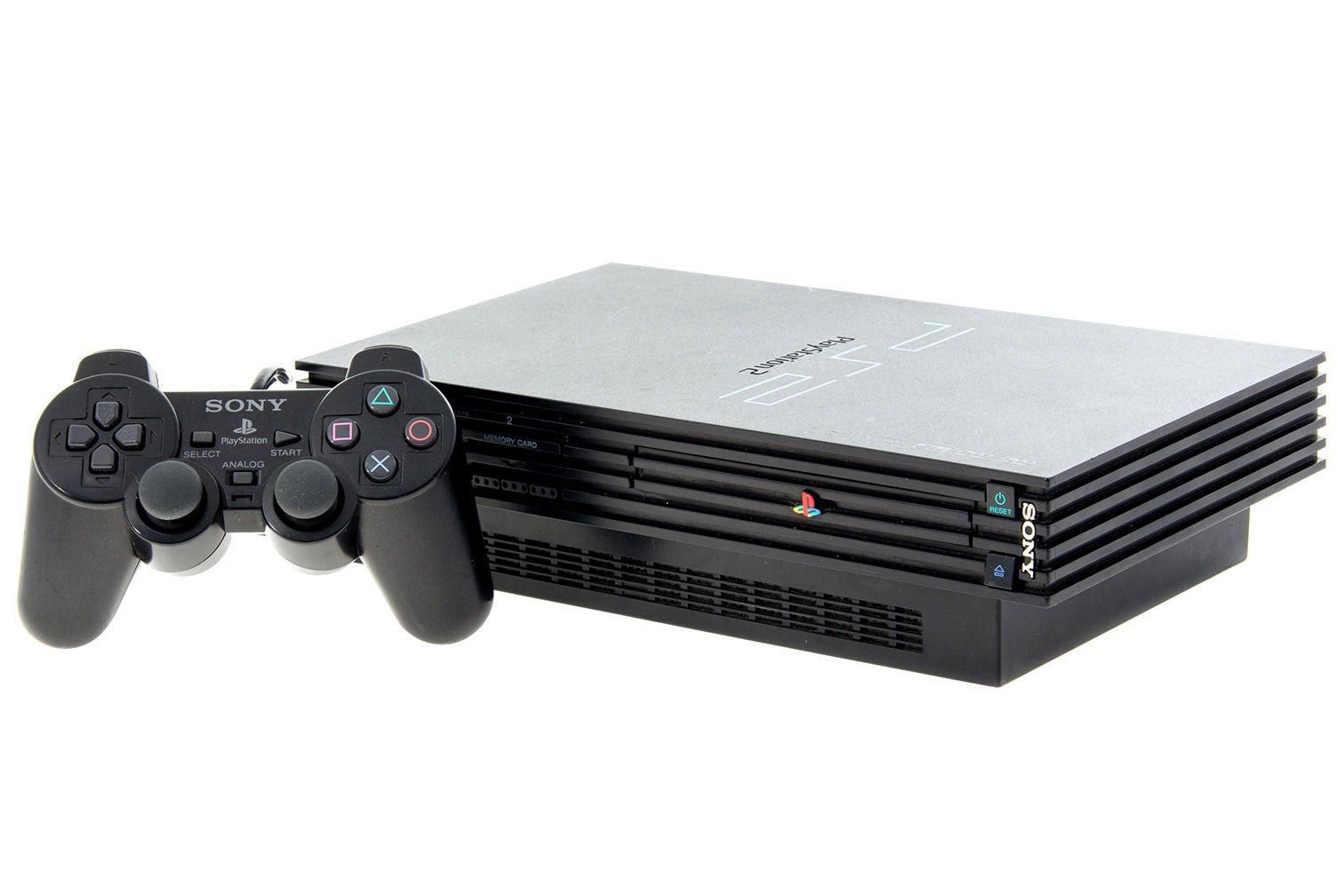The Evolution of Gaming Consoles and Consumer Expectations
The world of gaming is constantly evolving, with new consoles and games being released at an accelerated pace. This has led to a lot of discussion among gamers about the quality of titles, especially those from lower budget studios. One reader recently expressed hope for a remake of Resident Evil 1 on the upcoming PlayStation 6, highlighting the ongoing demand for nostalgic experiences.
Sales Figures and Console Dominance
The Nintendo Switch 2 has been making waves in the gaming industry, surpassing the lifetime sales of the Nintendo DS. With the latest sales numbers coming from September, it’s possible that the Switch 2 has even surpassed the 155 million total that was once considered the PlayStation 2’s record. While Sony might still hold the official title of best-selling console, the question remains: when the Switch 1 passes the old total of 155 million, will we really pretend it’s not the new number one?
This debate highlights the competitive nature of the gaming industry, where companies like Sony and Nintendo are always looking to outdo each other. However, it also raises questions about how sales figures are reported and whether they truly reflect the market accurately.
Quality and Budget Constraints
A reader pointed out that Nintendo used to be a guarantee of quality, but this generation has seen a shift. Big-budget games still maintain that standard, but lower-budget titles require more caution. This trend is concerning, as it suggests that some developers may be rushing out games to meet launch deadlines, resulting in less polished products.
For example, Hyrule Warriors: Age Of Imprisonment received a low score from GameCentral, which has sparked discussions about the quality of Nintendo’s third-party collaborations. The choice of developers for such projects has also come under scrutiny, with some suggesting that Nintendo could explore partnerships with other studios to bring fresh ideas to the table.
Remakes and Nostalgia
Remakes have become a popular trend in the gaming industry, allowing players to revisit classic titles with updated graphics and gameplay. A reader expressed interest in a remake of Zelda: Ocarina Of Time, as well as a potential new take on Resident Evil 1 by Capcom. These remakes offer a blend of nostalgia and modern innovation, appealing to both long-time fans and newcomers.
However, the high price points of some games have raised concerns. For instance, Hyrule Warriors: Age Of Imprisonment, rated 4/10, comes with a steep price tag of £58.99, making it seem excessive for a game of that quality. In contrast, games like Ball x Pit offer great value for money, showcasing the importance of affordability in the gaming market.
The Future of Consoles
As the gaming landscape continues to evolve, the way consumers approach new hardware is also changing. Some argue that consoles should be treated more like smartphones, with regular upgrades that don’t necessarily require a complete overhaul. This perspective challenges the traditional model of console generations, suggesting that players might be more willing to upgrade if the benefits are clear and the cost is manageable.
The concept of monthly payments for consoles, similar to smartphone contracts, has also been discussed. While this model hasn’t gained much traction yet, it could potentially make new hardware more accessible to a wider audience. The key would be to ensure that the experience justifies the investment, whether through improved performance or exclusive content.
The Importance of Developer Diversity
Diversity in development is another important aspect of the gaming industry. By collaborating with different studios, publishers can bring fresh perspectives and innovative ideas to their projects. For example, instead of relying solely on Koei Tecmo for a Zelda action game, Nintendo could explore partnerships with other developers, such as PlatinumGames or the team behind Stellar Blade, to create a more varied and exciting lineup of titles.
Conclusion
The gaming industry is at a crossroads, with new technologies and business models reshaping the way games are developed, marketed, and consumed. As consumers, it’s essential to remain informed and engaged, supporting the types of games and practices that align with our values. Whether it’s through voting with our wallets, participating in discussions, or simply enjoying the games we love, every player has a role to play in shaping the future of gaming.
